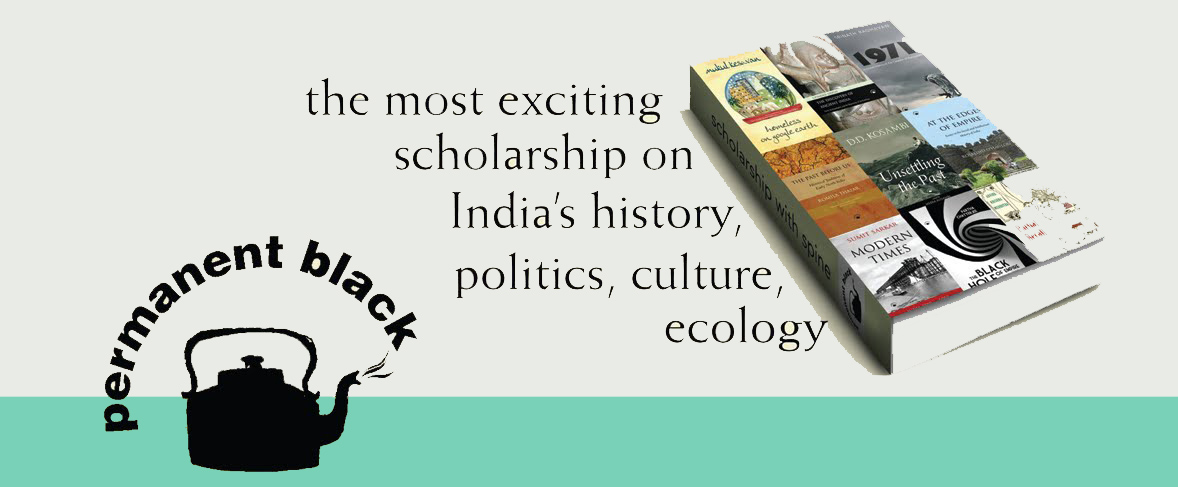Sumit Guha
Beyond
Caste
Identity
and Power in South Asia: Past and Present
“Sumit Guha’s Beyond Caste is the most important synoptic study of caste since Louis Dumont’s Homo Hierarchicus. Guha is an historian, not an anthropologist, but anthropologists should take note. He has marshalled a vast array of evidence drawn from native and pre-colonial sources, rather than the more conveniently accessible colonial reconstructions that Dumont and others depended on, along with an up-to-date reading of historical literatures few anthropologists are aware of, to powerfully challenge both popular and anthropological common sense on the topic.”—Nathaniel Roberts
“Caste” is
today almost universally perceived as an ancient and unchanging Hindu
institution preserved solely by deep-seated religious ideology. Yet the word
itself is an importation from sixteenth-century Europe.
This book tracks the long history of the practices amalgamated under this label and shows their connection to changing patterns of social and political power down to the present. It frames caste as an involuted and complex form of ethnicity and explains why it persisted under non-Hindu rulers and in non-Hindu communities across South Asia.
 |
| The author thinks the study of caste is like the blind mens' study of the elephant: always incomplete |
Sumit Guha has a
History PhD (1981) from the University of Cambridge. He is Frances Higginbotham
Nalle Centennial Professor in History at the University of Texas at Austin. His
previous books include Environment and
Ethnicity in India, c.1200–1991 (1999), and Health and Population in South Asia from Earliest Times to the Present
(2001).
“A new book
on such a profoundly challenging and yet overworked subject needed to
join a number of qualities. Beyond Caste
combines theoretical rigour, a close
knowledge of the archives, the ambition to bridge the gulf of time and
link the
premodern, the early-modern, the colonial and the present in a “longue durée”
account, and an elegant writing style enhanced by a fine sense of humour. These
characteristics, present in many of Sumit Guha’s publications, make him
one of the
most interesting and stimulating social historians today. This work justifies
that reputation.”—Tirthankar Roy
“. . . there is much in this book
besides caste, all of which is worth engaging with. The
book opens up new questions and invites us to imagine India and
its pasts afresh.”—Surinder S. Jodhka
Hardback / revised edn / 316pp / Rs 795 / South Asia
rights / ISBN 978-81-7824-465-5
/ nov 2015


Comments